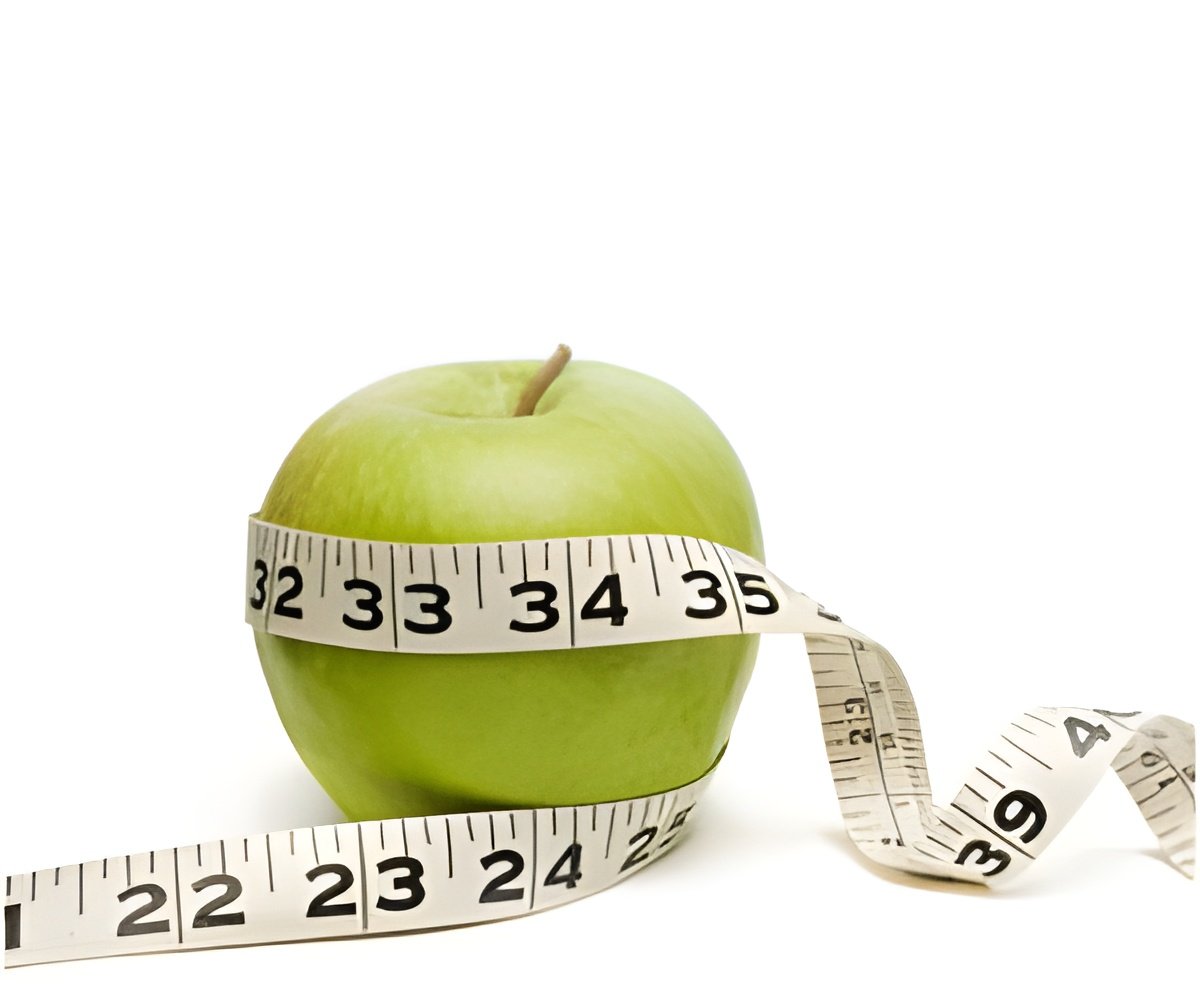A new study compared the effect of calorie counting vs approaches on satiety/satiation on achieving healthier body fat composition among primary care patients.

Reducing Calorie Intake May Not Help You Lose Body Weight
Go to source).
‘Satiety-promoting intervention might be a practical alternative to the more traditional calorie counting approach in long-term weight loss goals.’





Two hundred and sixty-one overweight, adult, low-income Latina patients, participated in the randomized control trial over 12 months. Throughout the study, community health workers conducted two home education visits; two group education sessions; and seven telephone coaching calls for each participant over six months.They measured satiation and satiety, as well as waist circumference and body weight among participants. These measures were assessed at the beginning of the trial and again at six- and 12-month follow-up visits.
Satiety-Enhancing Approach for Weight Loss Management
They found that satiation and satiety scores increased for participants on both diets. Both MyPlate and Calorie Counting participants reported a higher quality of life and emotional well-being (2✔ ✔Trusted SourceRandomized Comparative Effectiveness Trial of 2 Federally Recommended Strategies to Reduce Excess Body Fat in Overweight, Low-Income Patients: MyPlate.gov vs Calorie Counting
Go to source), as well as decreased waist circumference and high satisfaction with their assigned weight loss program.
MyPlate participants experienced lower systolic blood pressure at a six-month follow-up visit although this was not sustained over the 12-month trial period. Results suggest that the MyPlate-based intervention may be a practical alternative to the more traditional calorie counting approach.
Approximately 42% of Americans are considered obese, according to the National Center for Health Statistics. Traditional methods of addressing obesity have been to restrict calories while reducing food intake. This has short-term efficacy.
Comparing the MyPlate and Calorie Counting interventions among an adult, low-income, mostly Latina population, researchers found that both programs increased levels of satiation and satiety among participants, as well as promoted a better quality of life, emotional well-being, and program satisfaction (3✔ ✔Trusted Source
Satiety-enhancing products for appetite control: science and regulation of functional foods for weight management
Go to source).
Advertisement
References:
- Reducing Calorie Intake May Not Help You Lose Body Weight - (https://pubmed.ncbi.nlm.nih.gov/28657838/ )
- Randomized Comparative Effectiveness Trial of 2 Federally Recommended Strategies to Reduce Excess Body Fat in Overweight, Low-Income Patients: MyPlate.gov vs Calorie Counting - (https://www.annfammed.org/content/21/3/213#sec-26 )
- Satiety-enhancing products for appetite control: science and regulation of functional foods for weight management - (https://pubmed.ncbi.nlm.nih.gov/22401600/ )















